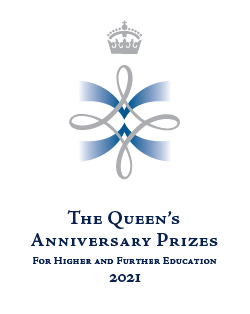
Human Osteology and Palaeopathology
MSc
- Duration
- Start date
- Location
Suitable for applications.
The course was amazing and is one of the best in the country. Compared to other universities, Bradford is on another level of friendliness.
Learning and assessment
The teaching and learning strategy takes into consideration the learning outcomes, the nature of the subject, and the need for students to take responsibility for their own learning as part of this advanced taught programme.
The thematic modules are delivered in a combination of formal lectures, student-led intensive seminars/tutorials and extensive practical instruction. Coursework (e.g. laboratory reports, critiques, worksheets) is geared towards demonstrating relevant knowledge, understanding and professional skills in principal approaches to the analysis and interpretation of archaeological human remains and the application of scientific methods or archaeological theory. Communication skills are tested in both written and oral form in several modules.
University of Bradford honoured with Queen’s Anniversary Prize for outstanding archaeology
We have been awarded a 2021 Queen's Anniversary Prize for Higher and Further Education for our world-leading work in developing archaeological technology and techniques and its influence on practice, policy and society.
The prestigious accolade, which honours world-class excellence and achievement, is the highest form of national recognition that UK higher education institutions can achieve. The University has been honoured for its leadership and innovation in pioneering the techniques, technology and practices of archaeology both in the UK and worldwide.

